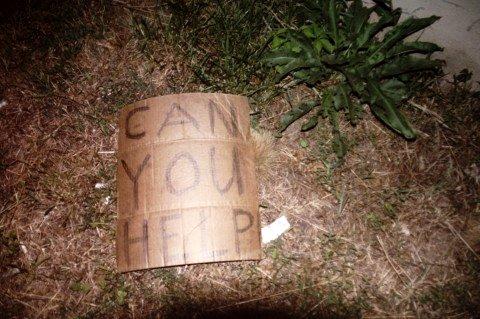Can you Help?
WATCH THIS CARD AS A VIDEO
The Babylon Matrix is set up to undervalue one of the greatest treasures you could give or receive — compassionate, healing empathy. Empathy is a treasure that often enriches the giver even more than the one who receives it. This card considers several aspects of empathy, and you must discern which are most relevant to your present situation. The opposite of empathy is an exclusive focus on "internal considering" — what you are feeling, what other people have done to you, how everything feels weighed by the scales of your agenda. Empathy is mostly "external considering" — it considers what is going on in others, how others feel, and how our actions (such as spoken words) may affect them. One way out of inner neurotic torment (always based on internal considering) is to focus on external considering. On the other hand, empathy for others depends on empathy for yourself. So, if that is being neglected, this may be an auspicious time for some internal consideration and to empathically focus on your inner child, shadow, or other aspects of yourself that need more compassionate attention. External considering, focusing compassionately on others, is of inestimable value. It is also one of the few reliable shortcuts out of inner neurotic torment, a state that is always dominated by internal considering. People can get further lost in neurosis by continually psychoanalyzing their childhood situations and the complexities of their present unhappiness. An excess focus on "healing" and past trauma can become an egocentric trap. Sometimes, the best way out of unhappiness is to focus compassionately on others — and there are always others in greater pain and need than you. And even if they are not in greater pain and need, it may be of value to focus on them instead of yourself. For example, I made a lot of progress with my egocentrism during my fourteen years as a schoolteacher. My default state of internal considering was forced into external considering when I was in the classroom, because with 30+ high-energy kids to educate, there was no possibility of drifting off into inner neurotic labyrinths. So external considering not only benefits others, it also benefits you. In rarer cases, external considering is the default state and can even become excessive because the empathic caretaker personality neglects internal considering, neglects itself as it takes responsibility for others. Sometimes, this can be because the caretaker is an "old soul" — a larger, more mature being — relating to a needy, immature being. The more conscious being in a relationship has more responsibility, more response-ability, more free will. What can be especially disorienting is that the old-soul/ young-soul relationship is often in contrast to chronological age. It is not uncommon to have an old-soul child who defaults into being the caretaker of a young adult or middle-aged parent. Since this relationship short-circuits chronological developmental roles, it may create difficult issues for the old-soul child as they grow up. It is crucial not to think of yourself as responsible for how another person feels and to realize that unless you are an adult dealing with an infant, very small child, or profoundly disabled person, you cannot and should not lifeguard anyone. Other people are self-willed autonomous beings on their own karmic tracks. Although we can sometimes be an influence (when they happen to be receptive to influence), there is no way we can assume responsibility for what they feel and experience, nor for the consequences of their choices. The attempt to lifeguard an adult infantilizes them sets up codependencies, and just plain doesn't work. Many people lack external considering and would benefit themselves and others by focusing out more. A smaller group of people default into excess external considering and thereby weaken themselves and others. In the I Ching, the appropriate dynamic boundary between self and other is called "meeting halfway." Consider this an auspicious time to examine the dynamic balance between internal and external considering in your life. For more on this principle of meeting halfway see:
A Guide to the Perplexed Interdimensional Traveler Also relevant: Other Intentions — What are My/Your Intentions Toward the Other Challenging Thoughts on Love My sci-fi epic, Parallel Journeys, is centered on characters who are psychic empaths. They personify and illustrate the darker and lighter aspects of being an empath. |
||||||||



